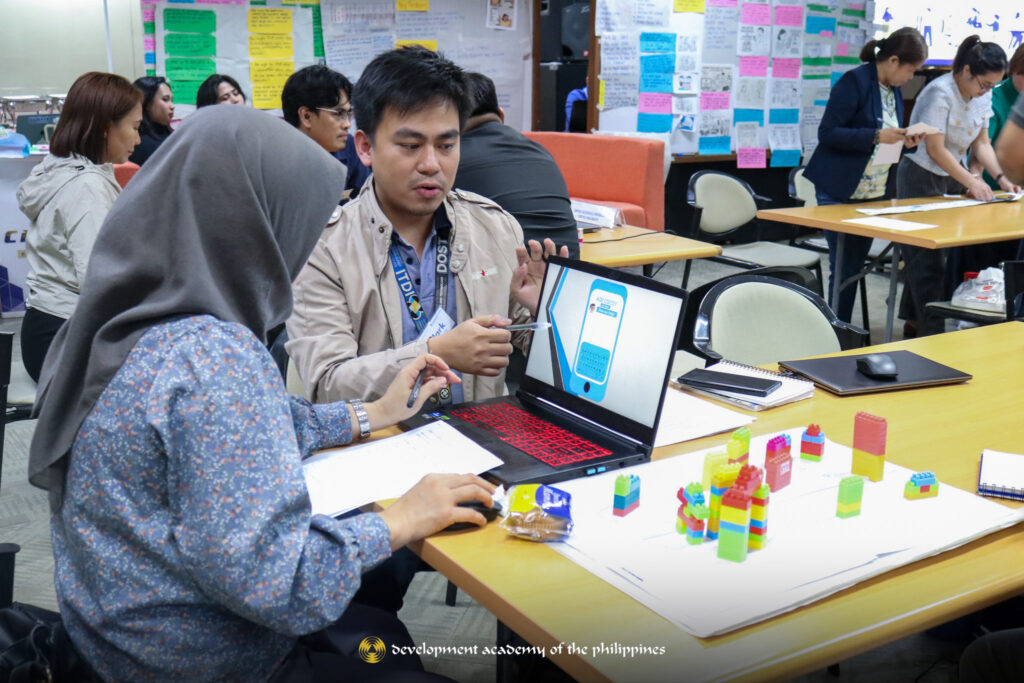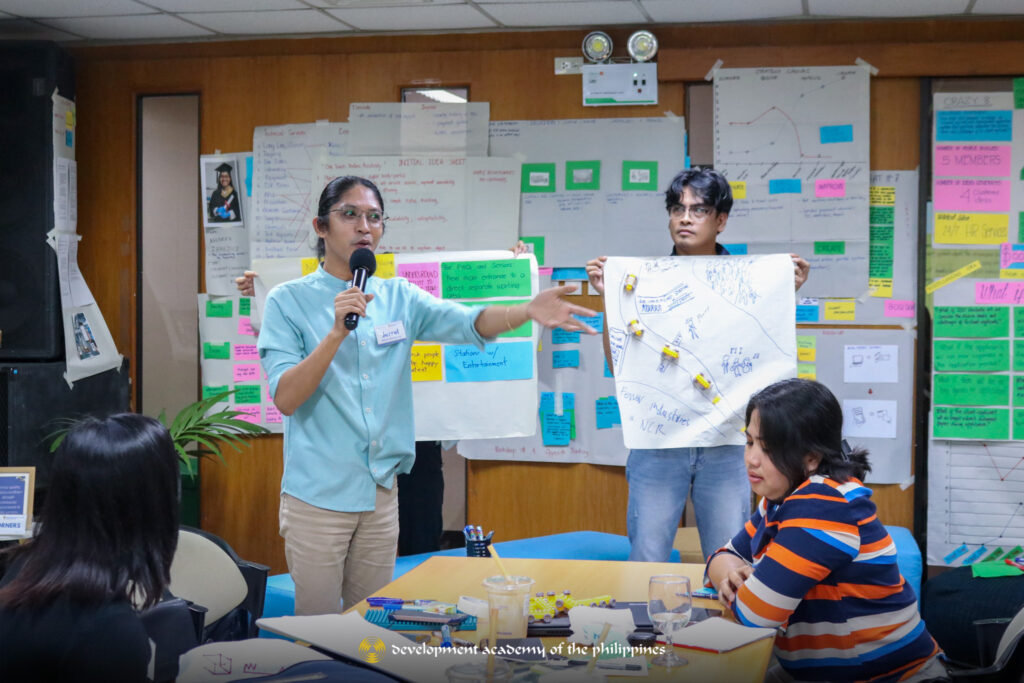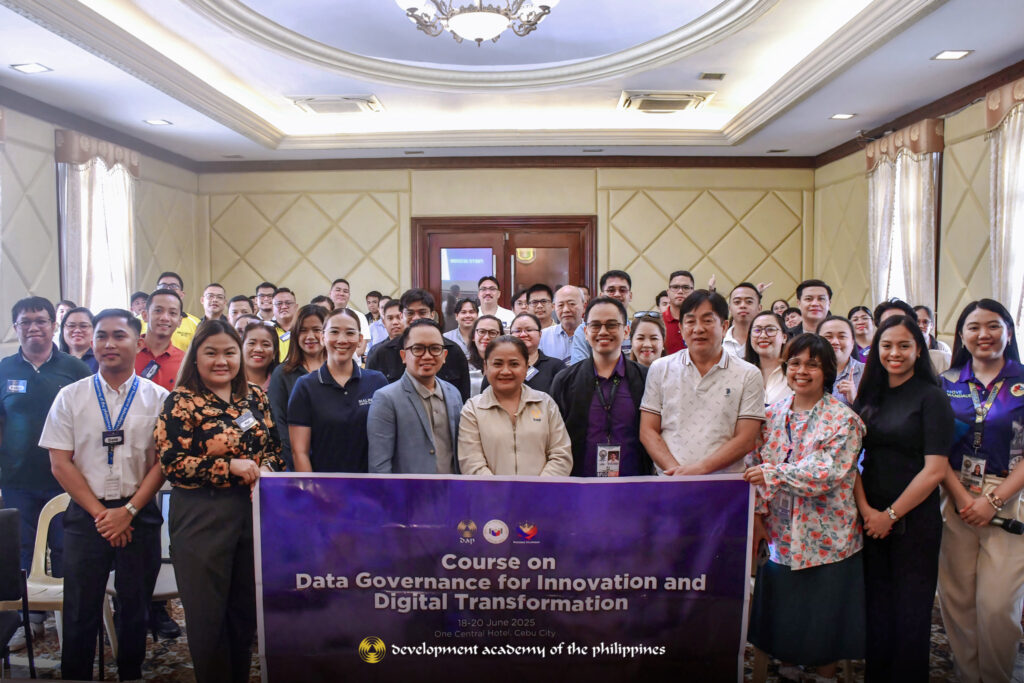Pasig City, October 10, 2024 — The Development Academy of the Philippines (DAP), through its Center for Governance, convened its inaugural conference under the Capability Building on Innovative Leadership for Legislative Staff (CBILLS) program. Held on October 10, 2024, at the Marco Polo Ortigas, Pasig City, the event gathered over 180 participants from key institutions, including the House of Representatives, Senate of the Philippines, the development sector, academe, and private sector. The conference focused on the opportunities and challenges of harnessing artificial intelligence (AI) in shaping public policy.
In her opening remarks, DAP President and CEO Dr. Majah-Leah Ravago urged participants to embrace the spirit of innovation, expressing her hope that the conference would “ignite within us the passion to lead with purpose, innovate with courage, and transform governance for the betterment of our nation.”
Hon. Francis Joseph “Chiz” Escudero, in his recorded keynote address, emphasized the importance of applying insights gained from the discussions, urging participants to use their learnings to enhance their roles in serving the nation: “para magkaroon tayong lahat ng karagdagang kaalaman sa trabahong ginagampanan natin para sa bansa at para sa ordinaryong mamamayang Pilipino.”
Reshaping the Future of Policy with AI and Data
The morning sessions explored the critical role of robust information governance frameworks in leveraging data and digital transformation to shape a more dynamic policy landscape. Undersecretary Dennis Mapa of the Philippine Statistics Authority (PSA) showcased initiatives aimed at strengthening data governance in the country. This was followed by a presentation by the CBILLS scholars, centered on applying data-driven approaches during their residential training courses in legislative policy review and analyses.
Insights from Industry Experts and Practitioners

The afternoon sessions featured experts from diverse backgrounds who shared recommendations for further integrating technology into governance. Speakers included representatives from UBX Philippines, the Department of Information and Communications Technology, UP Resilience Institute, International Rice Research Institute, Anycase.ai, IBM Philippines, PwC Philippines, Analytics and Artificial Intelligence Association of the Philippines, and secretariat officials of the legislative branch.
Catch the full recordings on DAP’s official YouTube channel and explore how digital transformation can drive a more sustainable and inclusive governance landscape in the Philippines.


